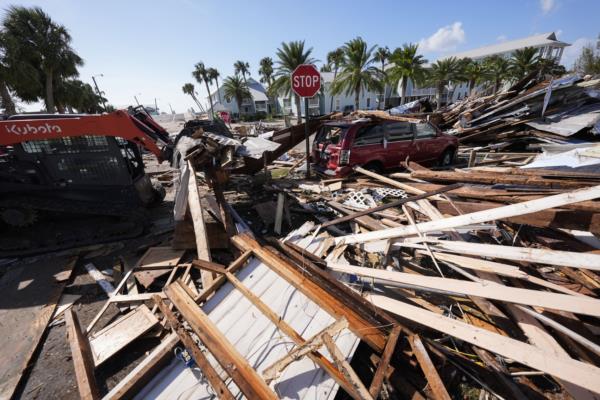
A recent report from the First Street Foundation has shed light on the changing landscape of flood risk due to intense rain events like Hurricane Helene. The report, released in 2023, challenges the traditional notion of a '1-in-100-year flood event' as being obsolete in the face of increasing extreme weather patterns.
The non-profit organization, known for its focus on weather risk research, highlights the impact of climate change on the frequency and severity of flooding events. Hurricane Helene serves as a prime example of the type of intense rain event that is becoming more common in today's climate.
According to the report, the concept of a '1-in-100-year flood event' no longer accurately reflects the reality of flood risk in many areas. The increasing frequency of extreme rainfall, coupled with factors like urbanization and inadequate infrastructure, has led to a reevaluation of how we assess and prepare for flood events.



The findings of the First Street Foundation report underscore the need for communities and policymakers to adapt to the changing nature of flood risk. Strategies such as improved stormwater management, updated floodplain mapping, and investment in resilient infrastructure are crucial in mitigating the impact of intense rain events and reducing the vulnerability of communities to flooding.
As climate change continues to drive shifts in weather patterns, it is essential for stakeholders at all levels to prioritize proactive measures to address the evolving threat of flooding. The insights provided by the First Street Foundation report serve as a wake-up call to reevaluate our approach to flood risk management and resilience in the face of a changing climate.







